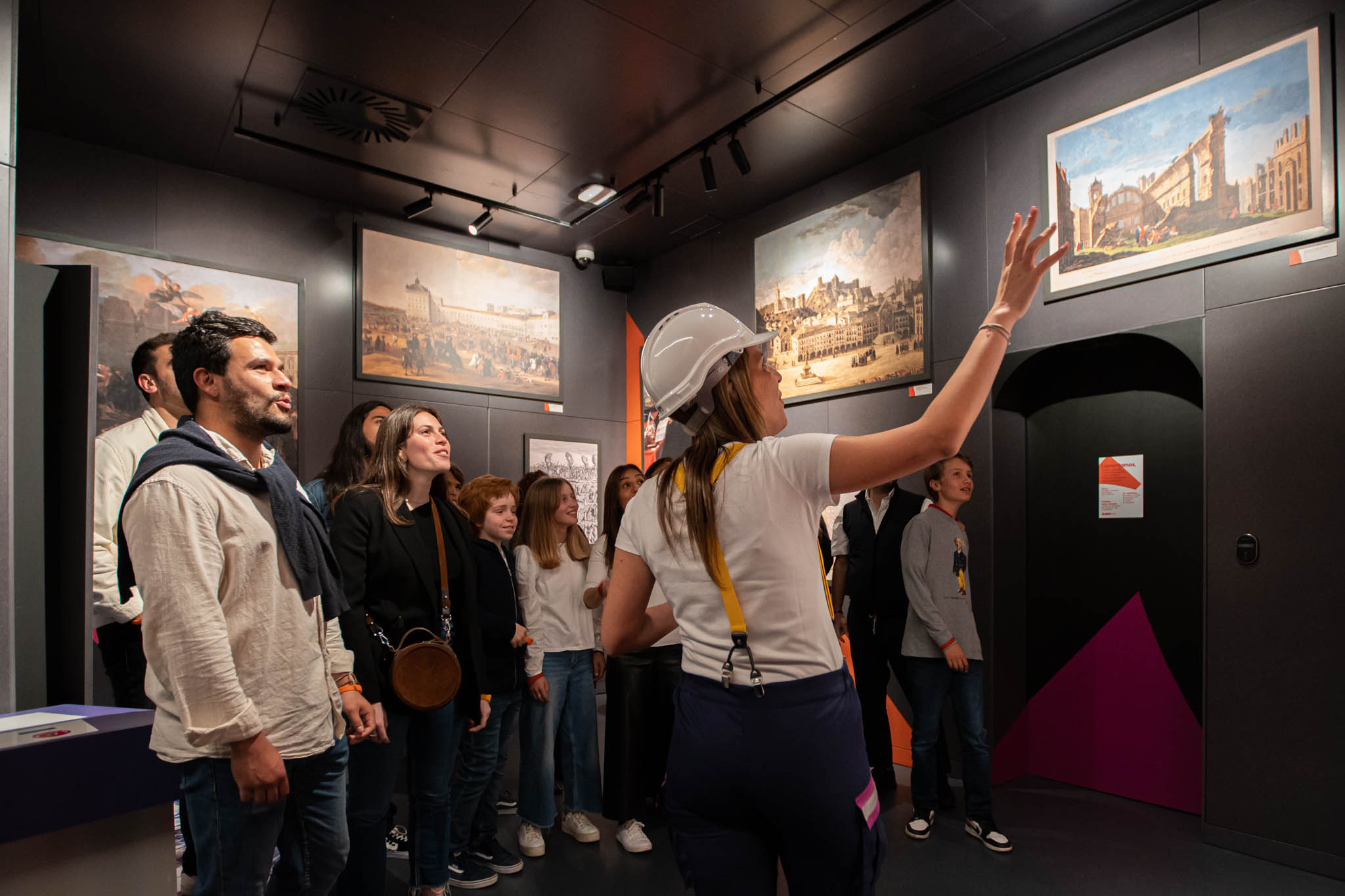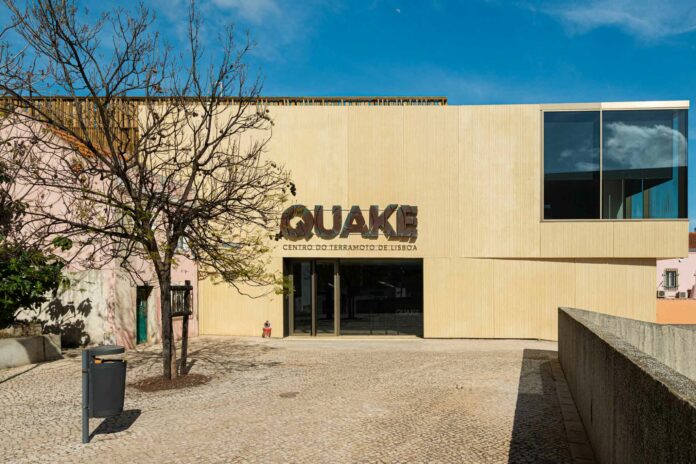The Quake – Lisbon Earthquake Museum vividly commemorates the devastating 1755 Lisbon earthquake. It provides an immersive experience combining interactive exhibits with historical artifacts. Visitors learn about the earthquake’s impact on Lisbon’s society and architecture. The museum also explores seismic science, offering educational insights into earthquakes. It’s a poignant reminder of nature’s power and a tribute to Lisbon’s resilience and rebuilding efforts.
History
The Lisbon earthquake that occurred on November 1, 1755 was one of the deadliest in history. It occurred at 9:40 am and devastated Lisbon, the Iberian peninsula, and northwest Africa. The earthquake, followed by a tsunami and series of fires, is estimated to have killed 40,000-50,000 people. Its magnitude is believed to have been around 8.5–9.0. Eighty-five percent of Lisbon’s buildings were destroyed.
The Quake museum delves into the 1755 earthquake’s effect on the city itself, describes what reconstruction plans were on the table for the city, and what philosophical, historical, and scientific consequences the earthquake had on what was then the fourth largest city in the world.
The museum received an investment of 8 million and opened its doors to the public in April 2022 in Belém next to the Museu Nacional dos Coches and close to MAAT. It won a Thea Award from the Themed Entertainment Association in the Historic Experience – Outstanding Achievement category in November 2022.
Architecture
The museum covers 1800 meters and uses video mapping, simulators, and other cutting-edge technologies to travel through time with visitors back to November 1, 1755. The space’s immersive route lasts about 90 minutes and takes visitors through several rooms. Visitors begin in a waiting room full of paintings and images from Lisbon in the 17th century and then move on to a room about seismology.
The most exciting moment in the museum is entering into a time machine that takes visitors back to the Church of São Nicolau at the moment of the earthquake. Visitors can feel what it was really like when the earthquake struck and then move on to a room that shows the devastating consequences of the quake, tsunami, and fires that followed. Finally, visitors end up in the office of the Marquis of Pombal, Sebastião José de Carvalho and Melo, who was tasked with rebuilding the city.

Visiting Times & Tickets
Winter Time
Monday to Friday: 10:00 AM to 5:00 PM (last entry);
Saturday and Sunday (and Public Holidays): 10:00 AM to 6:00 PM (last entry).
Summer Time
Monday to Friday: 10:00 AM to 6:00 PM (last entry);
Saturday and Sunday (and Public Holidays): 10:00 AM to 7:00 PM (last entry).
The museum is open every day.
Tickets
Prices vary depending on the time, day and season.
Adults – 21,00€ to 31,00€
Children (6-12 years-old) – 14,50€ to 21,50€
Seniors (+65 years-old) – 17,00€ to 25,00€
Children ages 4 and 5 can visit the museum for free but are not allowed to enter the simulator platform.
Book more than a day in advance here and save 10%.


